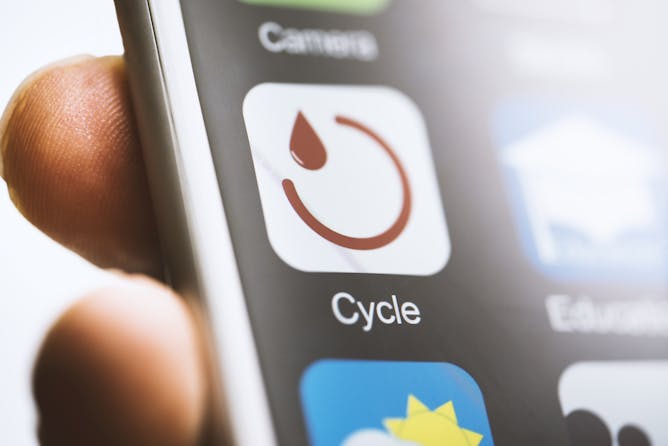|
Welcome to Sunday! The top five most-read stories of the week are displayed below, along with five articles recommended by our editors. If you’re on the go, you can also read them in a magazine-style e-book
Last week we tried an experiment by adding five editors’ selections from the last week to our Sunday lineup. Readers liked the change – thanks for all the notes! – and we’re continuing to tweak the format this week. If you have feedback about the newsletter, hit reply to share it.
Did you know that today is international hug an academic day? Honestly, I just made that up – but I want to shout out the more than 50 scholars who wrote important and compelling stories for us this week while also juggling finals, grading and the thousand other things they do. I’m hoping this Sunday brings a renewing break in the action for all of our contributors, editors and readers alike.
This week’s editors’ picks
Mini-monopolies: Why the baby formula industry was so vulnerable to a crisis.
You can’t know the odds: ‘Dear Pandemic’ epidemiologist Malia Jones wants you to stop calculating your pandemic risk
Big data danger: The looming demise of Roe v. Wade creates a significant online risk for those who may one day have an unwanted pregnancy.
WNBA star Brittany Griner jailed by Russia: How hard will the Biden Administration fight to secure the release of a high-profile gay Black woman?.
1M COVID-19 deaths: Vaccination rates vary by political party
|

An image from satellite data shows the strong Loop Current and swirling eddies.
Christopher Henze, NASA/Ames
Nick Shay, University of Miami
With La Niña helping clear the way for a busy hurricane season, this wide current of warm water could spell disaster for the northern Gulf Coast.
|
|
|
-
Nathaniel Hafer, UMass Chan Medical School; Apurv Soni, UMass Chan Medical School
With the relaxation of mask-wearing mandates, there’s even more need to know how much over-the-counter tests help.
-
Phylindia Gant, University of Florida; Amy J. Williams, University of Florida
Mars is the fourth planet from the Sun and one of our closest neighbors in space. But it’s not a very welcoming place for an Earthling to visit.
-
Ronald Suny, University of Michigan
Turkish president Recep Tayyip Erdogan is against allowing two Nordic countries to join NATO over what he deems their support of ‘terrorists.’ His opposition will test the alliance’s unity.
-
Daniel J. Mallinson, Penn State
The three leading candidates in the GOP Senate primary race in Pennsylvania all hitched their wagons to Trump. But will that make it harder for the Republican winner to win the center come the fall?
|
|

Apps for tracking reproductive health are convenient, but the data they collect could be used against you.
Tarik Kizilkaya/iStock via Getty Images
Nora McDonald, University of Cincinnati
Data privacy is an abstract issue for most people, even though virtually everyone is at risk. If abortion becomes illegal, digital surveillance could take an even darker turn.
|
|
|
-
Malia Jones, University of Wisconsin-Madison
People want a simple answer. Is this action safe? But despite Anthony Fauci bouncing responsibility for COVID-19 risk assessment to individuals, your risk can’t be boiled down to one probability.
-
Kevin Ketels, Wayne State University
The closure of a factory in Michigan is the incident that put new parents across the US on edge, but the real causes for the shortage of baby formula are many years in the making.
-
Rokeshia Renné Ashley, Florida International University
At 6 feet, 8 inches tall, Brittney Griner has become an international basketball star. She is now locked up in a Russian prison after what US officials describe as “wrongfully detained.”
-
Monika L. McDermott, Fordham University; David R. Jones, Baruch College, CUNY
Your willingness to get a vaccination is tied to your political party. And that may have deadly consequences.
|
|
|
Download the new e-book edition
We are providing a magazine version of five stories in this newsletter to read on a tablet, e-reader or on paper. Try it out and reply to this email to tell us what you think.
Like this newsletter? You might be interested in our other weekly emails:
About The Conversation:
We're a nonprofit news organization dedicated to helping academic experts share ideas with the public. We can give away our articles thanks to the help of foundations, universities and readers like you.
Donate now to support research-based journalism
Like this newsletter? You might be interested in our other weekly emails:
|